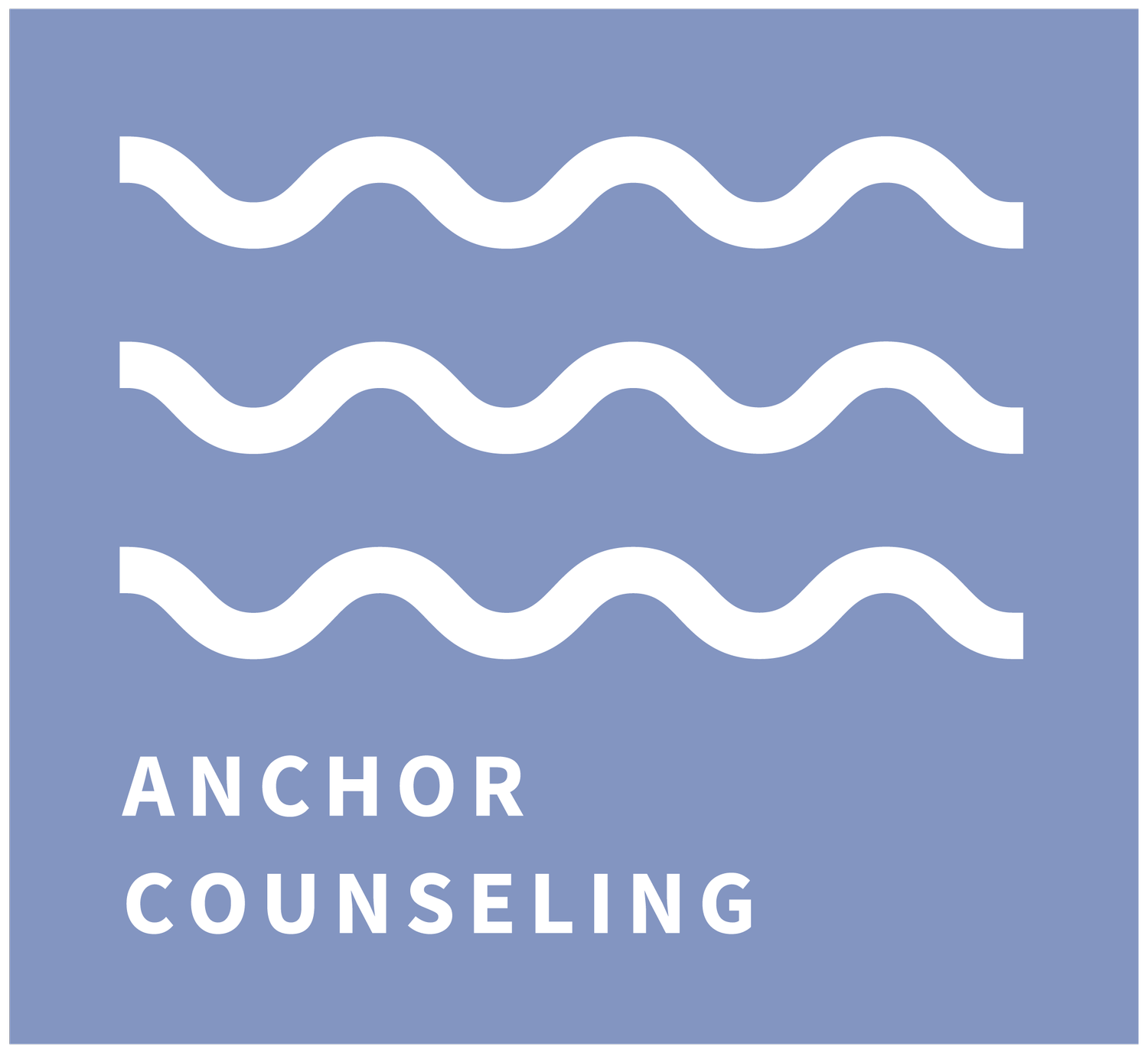5 Tips for Coping with Friend Conflict
Friendship is an important pillar in many of our lives, and without it, life simply wouldn’t be as fun. Friends are a crucial source of support, encouragement, and love, and it can feel like your world is ending when something threatens that relationship. Often, our friends are by our sides through multiple relationships, careers, and life seasons, so feeling distance in those relationships can be really upsetting.
Why is friend conflict so painful?
Even though conflict is inevitable, that doesn’t make it easy. As humans, we’re wired to connect with others. We simply can’t survive on our own, as children, but also as adults. That’s why it feels so emotionally overwhelming when there is conflict in our important relationships. Navigating relationship problems can bring up lots of feelings, whether it’s a romantic relationship or a platonic one. It can even be hard to focus on other things when there’s conflict in your close relationships because it feels so threatening.
While most friend conflicts are resolved, there are times where conflict ends the friendship. Even if that’s the case for your friendship, that doesn’t mean that the friendship was a waste of time or a mistake. The relationships we have with other people always teach us something, even if what they teach us is when it’s time to end things.
So, what can you do when you’re dealing with a friend conflict? Try the following:
Remember you can disagree without ending the friendship
First of all, it’s important to keep in mind that disagreements don’t need to mean the friendship is over. It’s okay to disagree with people, even with people you’re close to. You don’t need to agree about everything to be friends.
However, it’s also okay to end a friendship over a conflict, if it gets in the way of your ability to trust or be vulnerable with this person. There are some things that are just deal breakers. It’s important to assess whether this is a relationship that you want to continue after this conflict, or if it’s time to walk away. Knowing what you want to get out of the interaction can help you direct what you want to say and how you want to say it.
Choose the right time and place
Some moments aren’t going to be the appropriate time to have a serious conversation about a conflict. It can make a difference to plan ahead when you want to bring things up, and to be careful about the timing and the setting. Some conversations might be easier to have through text, but sometimes intention and meaning can be missed in text conversations.
Sometimes it’s hard to find a time where you can meet up, and sometimes friendships are long-distance, so you have to work with the opportunities you have. It might also be helpful to you to prepare what you want to say so you don’t forget anything in the moment or lose your train of thought.
Practice active listening
It’s hard to have painful conversations without going over what you want to say next or reacting to what is being said, but both of those actions are signs that you’re not actively listening. Active listening requires that you listen to understand, not to respond. You do your best not to interrupt and let the other person say their piece. They should offer you the same when it’s your turn to speak.
It’s natural to want to defend yourself, especially in an emotional conversation, but that often gets in the way of hearing what is being said. When it is your turn to speak, try not to use attacking language and focus on “I” statements - they’re more likely to get your point across without making the other person feel defensive.
Own your side
It’s important in any conflict to own your part in what’s happened. When it’s time to talk to your friend, make sure you take responsibility for any hurt you caused and own up to your actions. They should also do the same, but remember that you can only control what you do, and that you’re responsible for the things that you say and do.
We all make mistakes from time to time, and that doesn’t mean that you’re not lovable, or not a good friend. Taking responsibility for your side opens the door for them to take responsibility for theirs, and for you both to work together toward repair without resentment and hurt.
Set and enforce boundaries
There are some relationships that simply require more boundaries than others, and friendships are no exception. Sometimes it’s possible to stay friends after a conflict because you both put up and enforce your own boundaries. There might be some topics you just steer clear of when you’re together, or that you agree to disagree on. You might need to let them know what you will and won’t tolerate before walking away from a conversation.
Boundaries are truly a gift to our close relationships - they help us maintain them in a healthy way over long periods. It’s okay to have boundaries and to stick to them, even with your friends.
Conflict with a friend can feel totally overwhelming, but it doesn’t have to mean the end of your friendship if that’s not what you want. If you’re struggling with friend conflict, our therapists at Anchor Counseling New York can help you explore solutions that work for your situation. Our therapists are accepting new clients - schedule an appointment today to get started.
Blog authors all hold positions at Anchor Counseling. For more information about our therapists and services please contact us.


